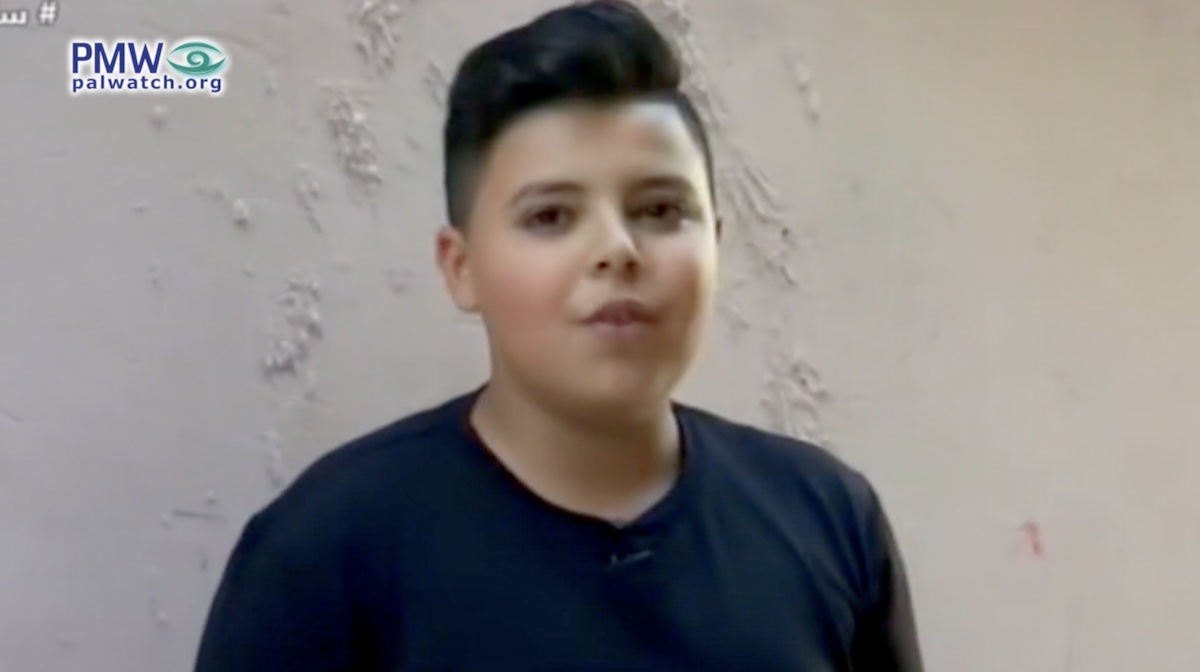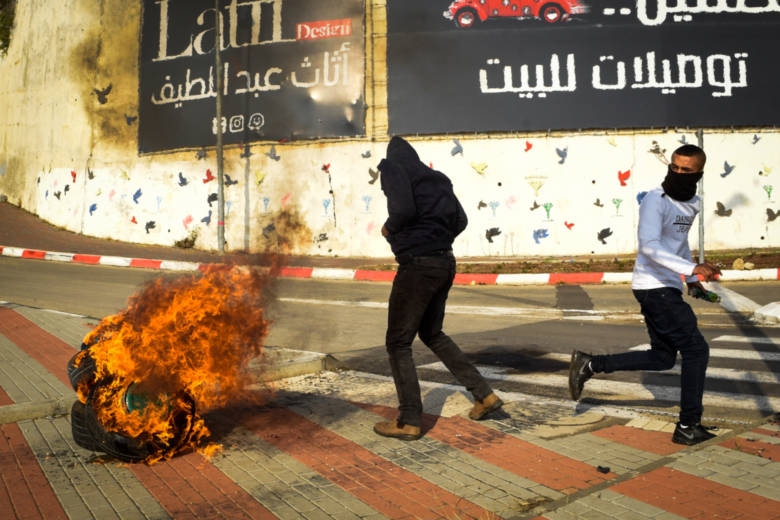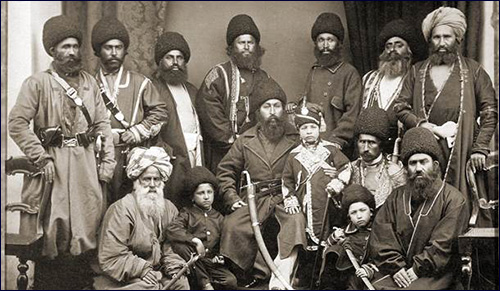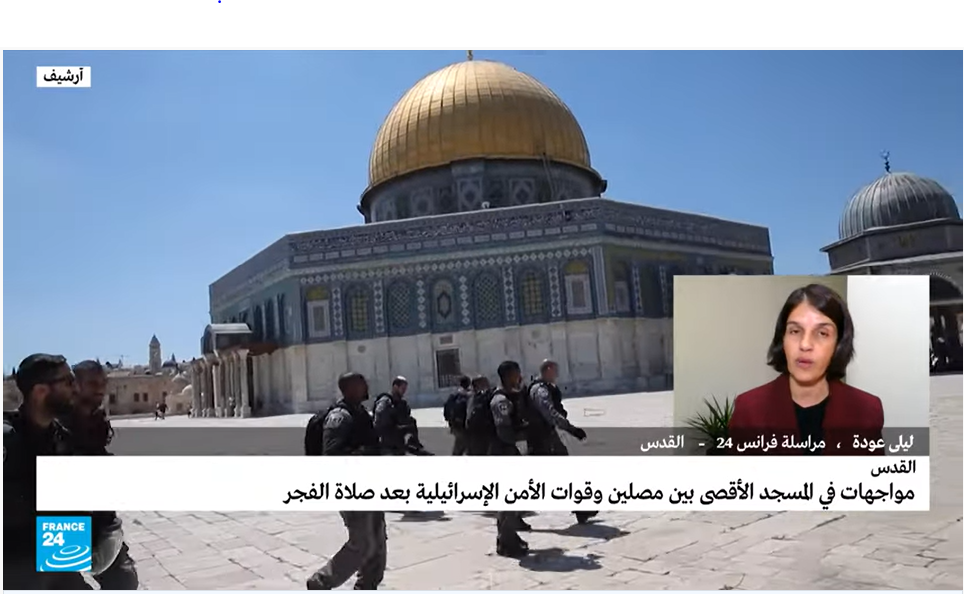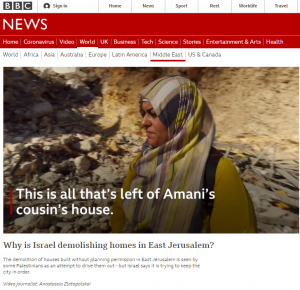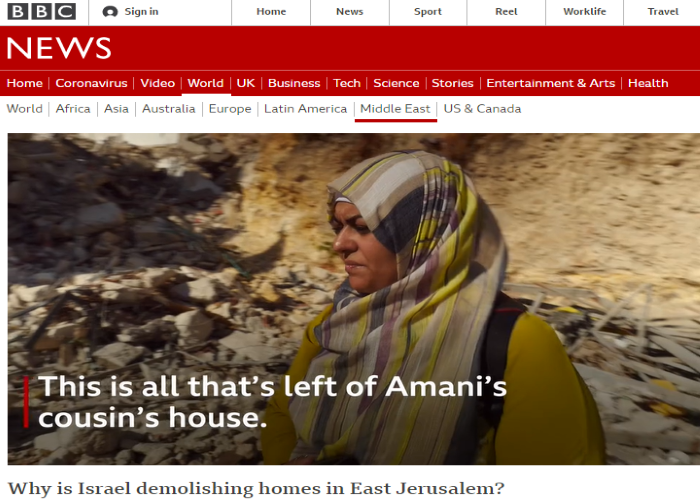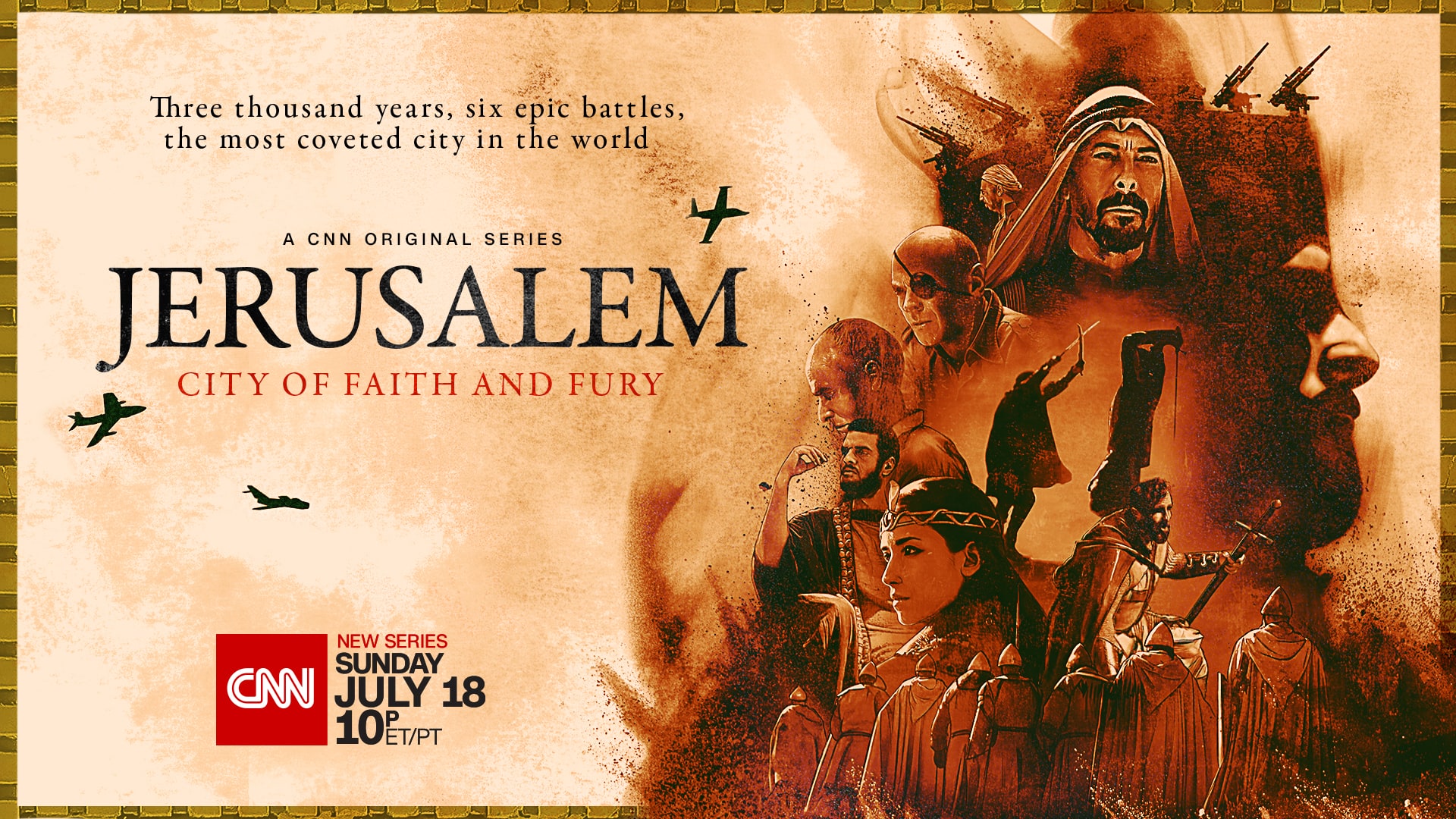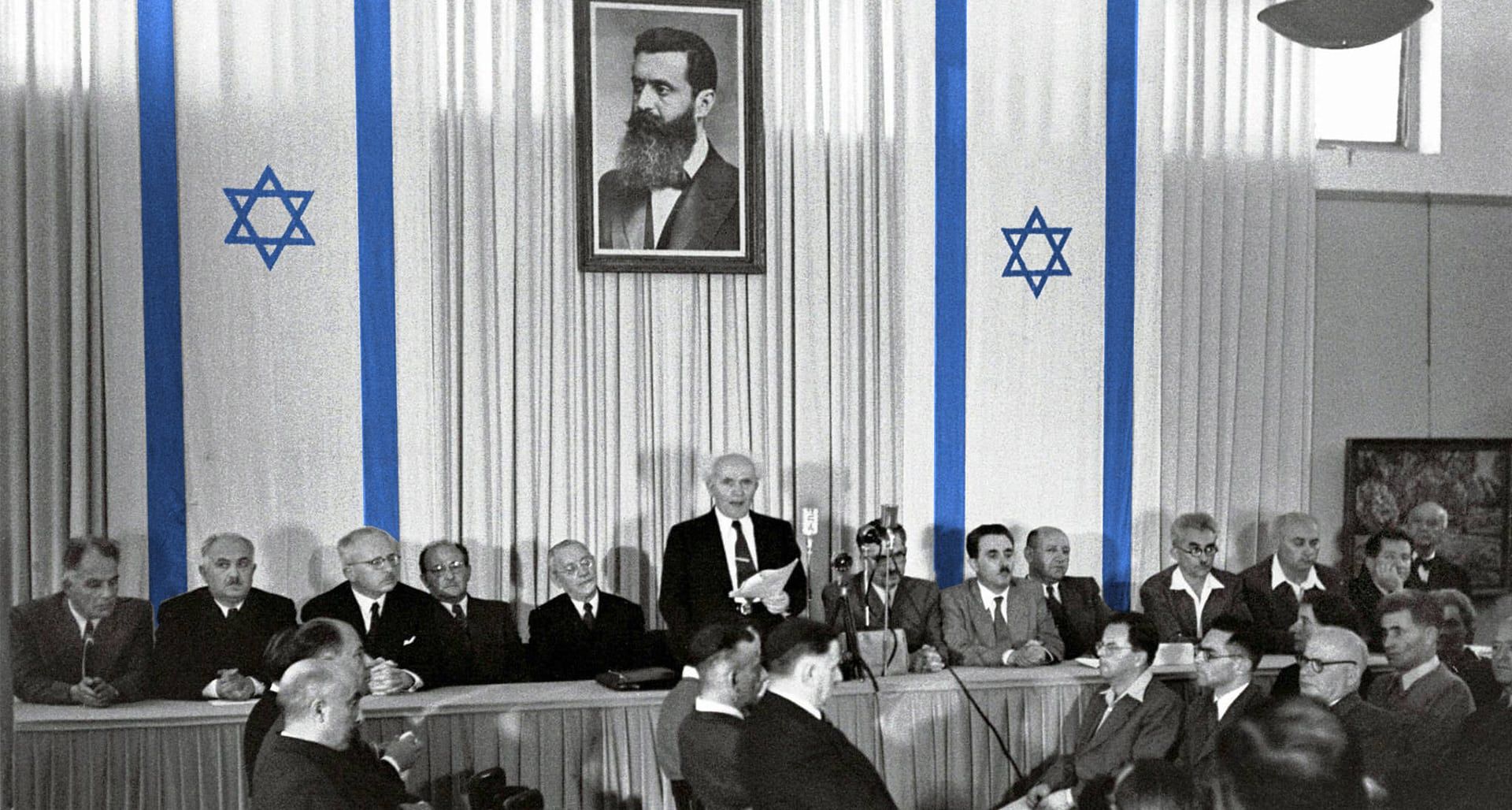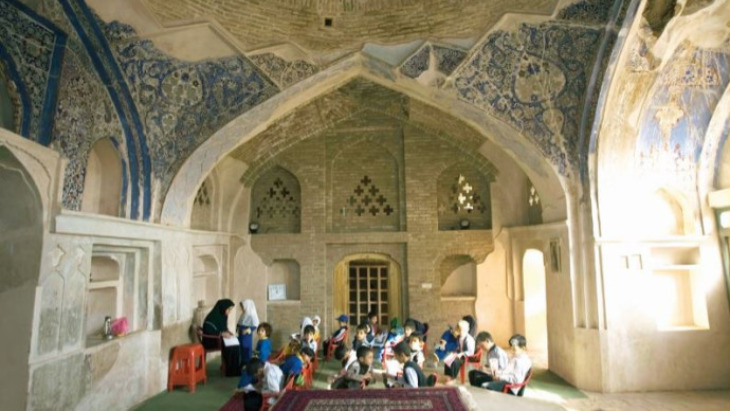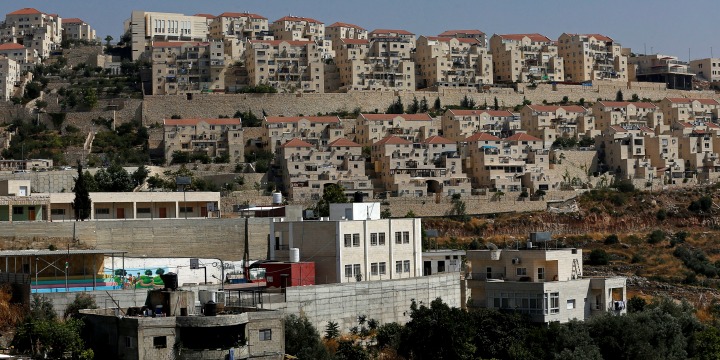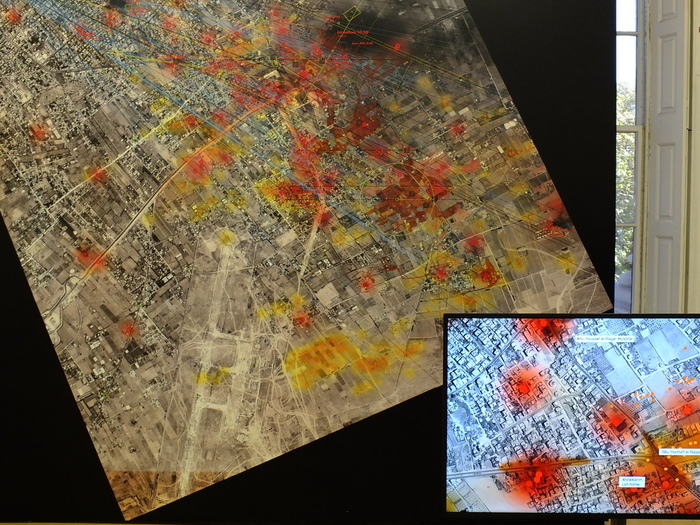Anyone who only watched the “Jerusalem” series, and knew nothing about history, would come away with the notion that little of significance to Jerusalem occurred in the 1920s and 30s. The narrative created for the period is simply that the Palestinians were leaderless as the British repressed Palestinian Arab nationalism. Viewers would likewise conclude the only relevance of Jerusalem to Jews at the time was that some were fleeing from Nazi Germany, as opposed to the fact that Jews actually constituted a
majority in the city.
They would have no idea who the
Grand Mufti of Jerusalem was, his role as a leader of Palestinian Arab nationalism, and his incitement of repeated rounds of deadly, anti-Jewish violence which defined the 1920s and 30s in Jerusalem and Mandate Palestine as a whole.
These problematic omissions are best shown in a few quotes from Part 5 of the series:
- “But the British were more heavy-handed against [the] Palestinian population, and definitely against Palestinian leaders, who occasionally, they would arrest and exile. All in order to disrupt any possible creation of political leadership among the Palestinians [emphasis added].” (Suleiman Mourad)
- “By the early 1940s, Britain has either arrested or driven the Palestinian Arab leadership into exile.” (Narrator)
- “So the Palestinians had no formal leadership on the ground…” (Amaney Jamal)
These repeated assertions omit the leadership role the Grand Mufti of Jerusalem, Hajj Amin al-Husseini, would play in fomenting bloodshed in the years ahead.
Assassinations
While laying blame solely on the British for a lack of Arab leadership – all while ignoring the leadership role of the Grand Mufti – CNN also ignored al-Husseini’s campaign of assassinations against the rest of the Palestinian Arab leadership during that period. As historian Simon Sebag Montefiore relates, during the Arab Revolt, al-Husseini was “seemingly more interested in murdering his Palestinian rivals than the British or Jews… [H]e ordered assassinations that in two years of fratricide wiped out many of his most decent and moderate compatriots.”
[9] One of the most prominent examples was the assassination of Fakhri Nashashibi, the pre-eminent Nashashibi clan member who was known for creating the “peace squads” to reduce violence and calm tensions.
[10]
It wasn’t until 1937 that al-Husseini, and much of the AHC leadership, would be exiled after the assassination of a British district commissioner. Even this did not stop al-Husseini, though, as he “continued to direct the Palestine insurgency” from his exile in Beirut.
[11] The violence of the Arab Revolt succeeded in prompting the British to issue a “
White Paper” in 1939 that rejected the idea of partition and severely limited Jewish immigration and land purchases. The measure came at the direst of times for Jews facing extermination by the Nazi regime, dooming to death untold numbers who could not reach safety Palestine. In seeking to improve relations with the Arab population, the British even offered al-Husseini amnesty in exchange for his acquiescence to the White Paper.
[12]
When the series finally gets to the United Nations partition vote in 1947, it repeatedly claims that:
- “There [was] no Palestinian representative at the UN. There was no formal leadership. You had Arab leaders speaking on behalf of Palestinians, but not necessarily speaking from within the Palestinian communities themselves.” (Amaney Jamal)
- “From the Palestinian perspective, they were not responsible for the Holocaust. They were not in Europe. They have to, sort of, pay the price for what the world stood by and watched in terms of this horrendous massacre of an entire race. And nobody is really speaking on their behalf.” (Amaney Jamal)
- “Operating without Palestinian Arab input, the other Arab leaders reject the United Nations [partition] resolution.” (narrator).
Once again, Palestinian Jewry is virtually nonexistent in CNN’s narrative, which even manages to make the Holocaust about the Palestinians and their alleged voicelessness.
The claims of a lack of representation are, at best, a half-truth. Palestinian Arabs had as much of a voice at the UN as Palestinian Jewry did, but with the important advantage of numerous allied Arab states that wielded voting power. In advancing the claim, CNN recasts Palestinian Arab intransigence, in the form of absolutist rejection of compromise, as one of victimhood and exclusion. In reality, the Palestinian Arabs often intentionally excluded themselves from the conversation.
-------
While it is acknowledged in the “Jerusalem” series that there were, at the time, numerous Arab member states with voting power in the UN, CNN downplays this by suggesting they “did not take [Palestinian Arab] interests at heart.” It’s never explained why that would matter, since both the AHC and the voting Arab member states espoused the exact same position.
The AHC had all along
made clear that it was only willing to accept an “independent unitary [Arab] state.” AHC vice-president Jamal al-Husseini explicitly stated to the UN the opposition of AHC to anything but a single Arab state. This exact position was what the Arab member states advanced. Every single one
voted against the UNSCOP partition plan.
------
The bizarre downplaying of the support the Palestinian Arabs received from Arab member states at the UN looks even worse when juxtaposed with the complete absence of any discussion so far in the CNN series on the challenges Palestinian Jewry had in making their case to the UN. While the Jewish Agency was afforded the same opportunities as the AHC at the UN, they were at a distinct disadvantage. The Jewish Agency did not have a bloc of voting Jewish states – as none existed – to rely on for support like the AHC did with the Arab League.
(full article online)
Beginning on July 18, CNN has been airing each Sunday a new, six-part series entitled “Jerusalem: City of Faith and Fury.” As of this

www.camera.org
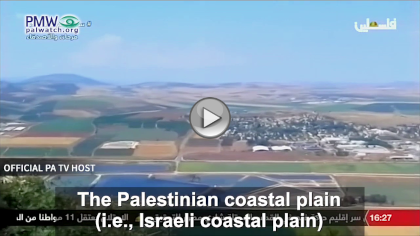
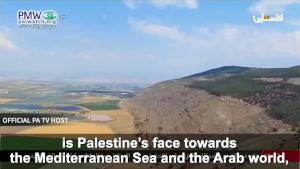
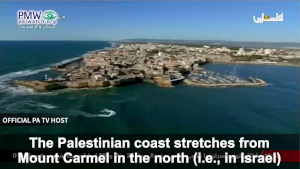
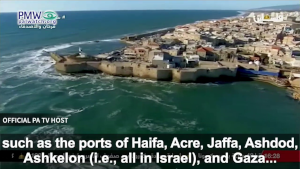
 palwatch.org
palwatch.org




